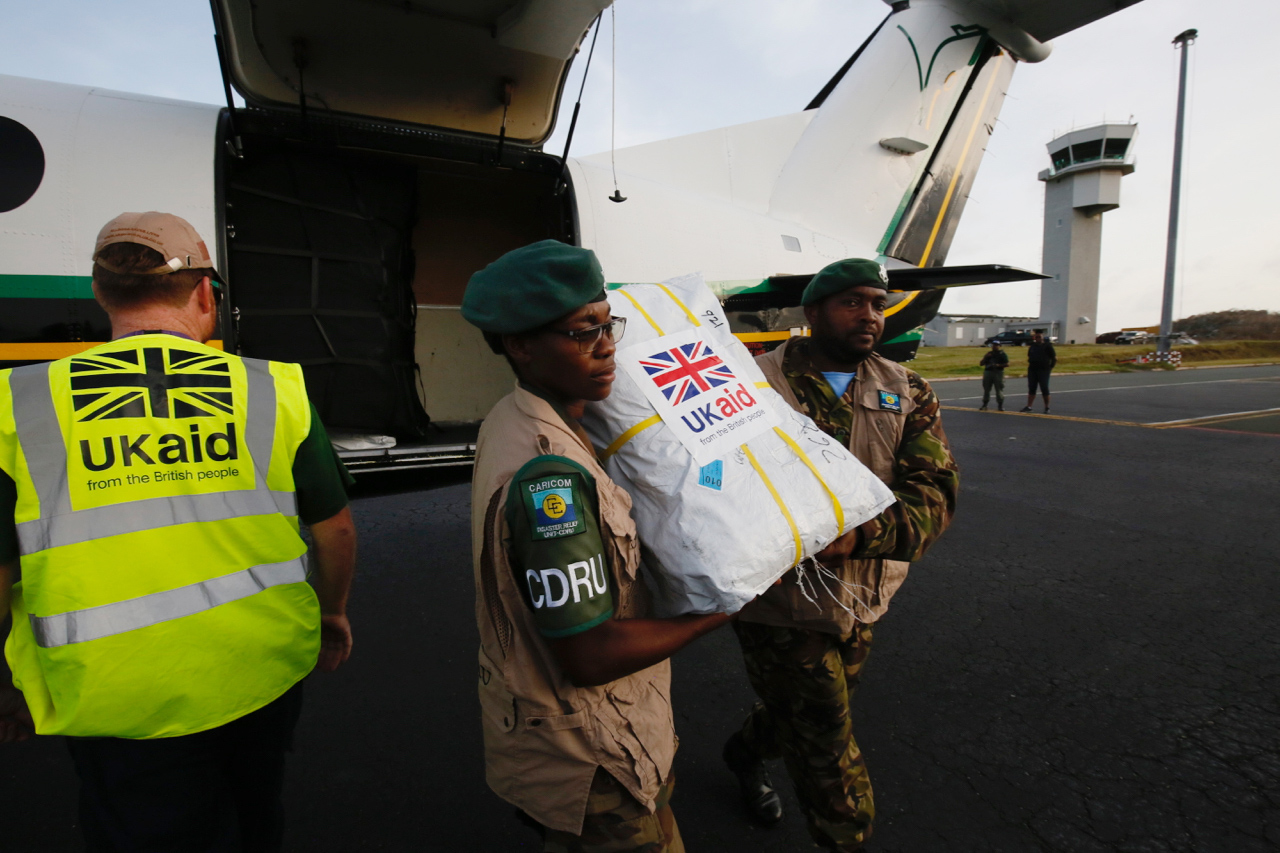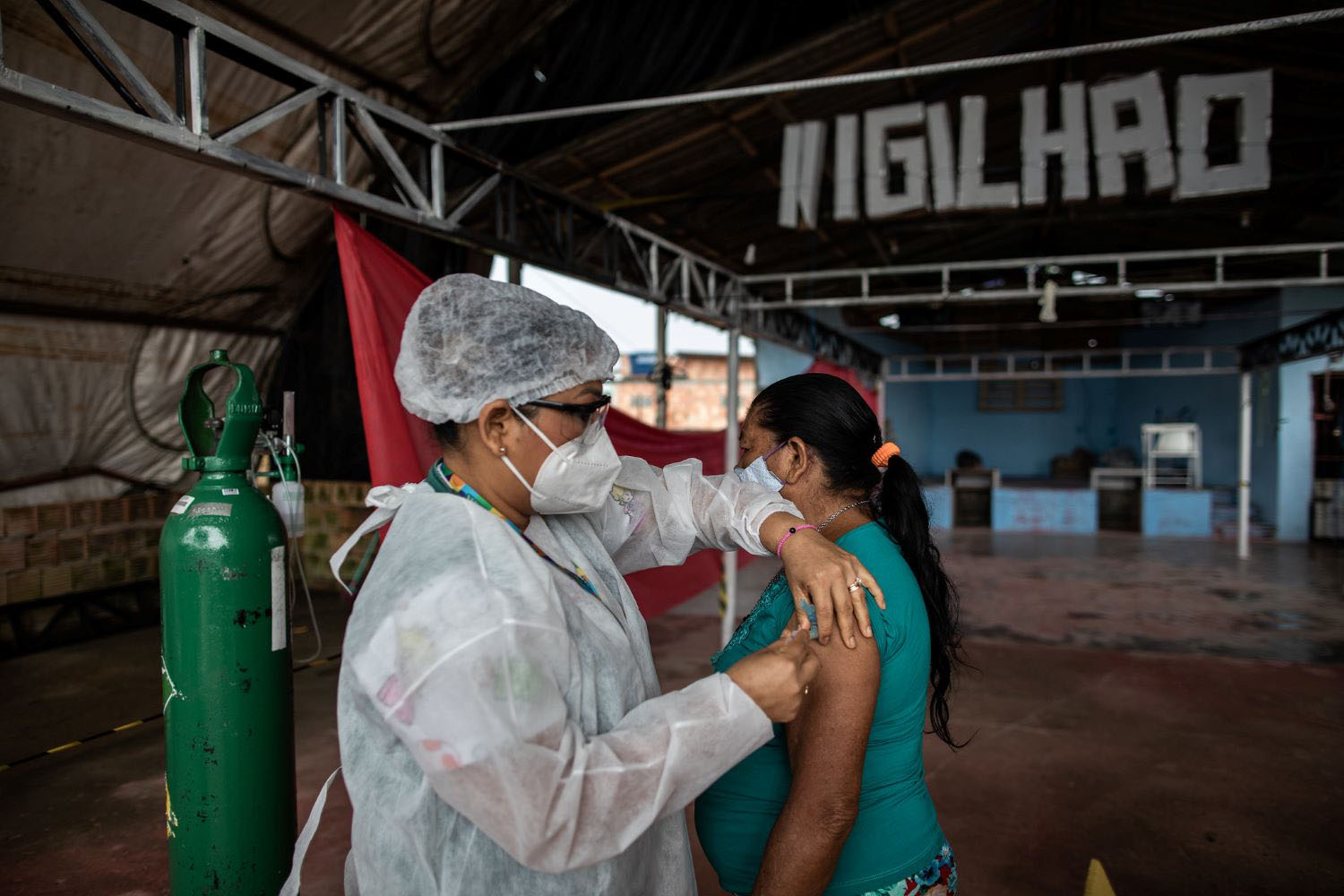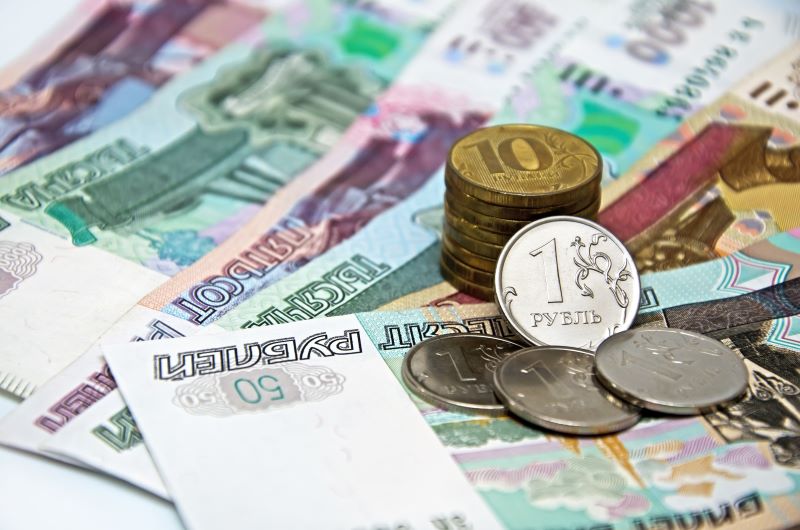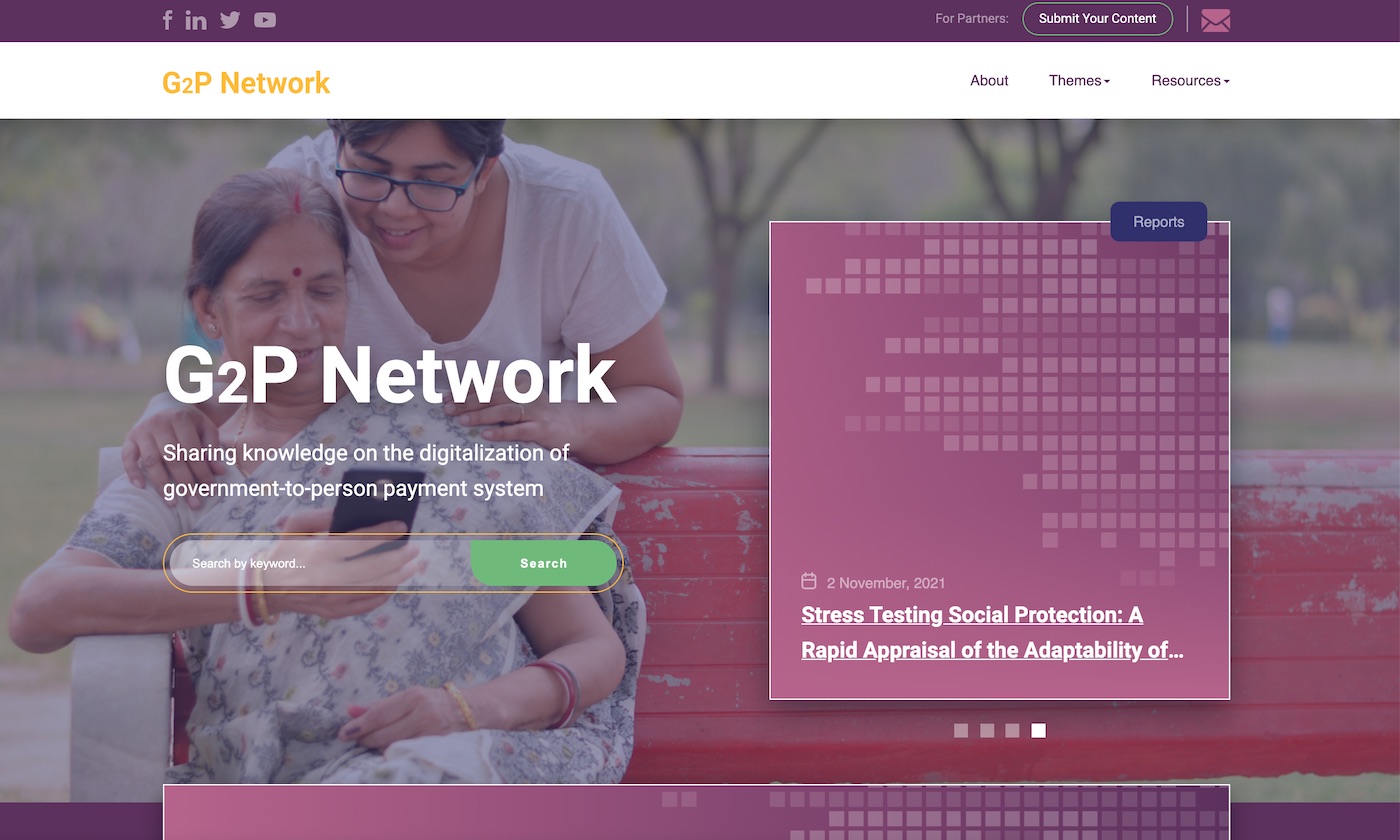Subscribe
Subscribe today to receive CGD’s latest newsletters and topic updates.
All Commentary
Filters:
Topics
Facet Toggle
Content Type
Facet Toggle
Blog Type
Facet Toggle
Time Frame
Facet Toggle
Blog Post
January 19, 2023
Kenya has become a poster child for digitally driven development. Known as “Silicon Savannah,” the country has a multi-billion-dollar tech industry that routinely produces startups. Among its most prominent successes is M-Pesa. Launched in 2007, the mobile wallet service revolutionized how Kenyans t...
Blog Post
March 04, 2022
As the war in Ukraine shakes the moral conscience of the world, the question is what the global community can do to help those suffering within the country and outside. One proposal, laid out in POLITICO on Tuesday, is to use the $650 billion worth of Russia’s Central Bank assets that have been froz...
Blog Post
January 26, 2022
Consider the situation. Faced with growing fiscal stress, the government of an energy-exporting country decides to cut generous subsidies, doubling the price of fuel overnight. Protestors are out on the streets, clashing violently with security forces called in to maintain law and order. They vent t...
Blog Post
November 17, 2021
At the outset of the pandemic, CGD launched a website, g2p-network.org to facilitate a series of working groups exploring digital payments and COVID-19 and to highlight important findings in the vast and rapidly growing array of academic and policy work on G2P systems. Today, we’re launching a ...
Blog Post
November 04, 2021
CGD's Anit Mukherjee and Ugo Gentilini of the World Bank join Gyude to discuss how governments reach people with social protection programs, how such programs have been used during the pandemic, and what governments should do now to prepare for the next‚ inevitable, pandemic.





















